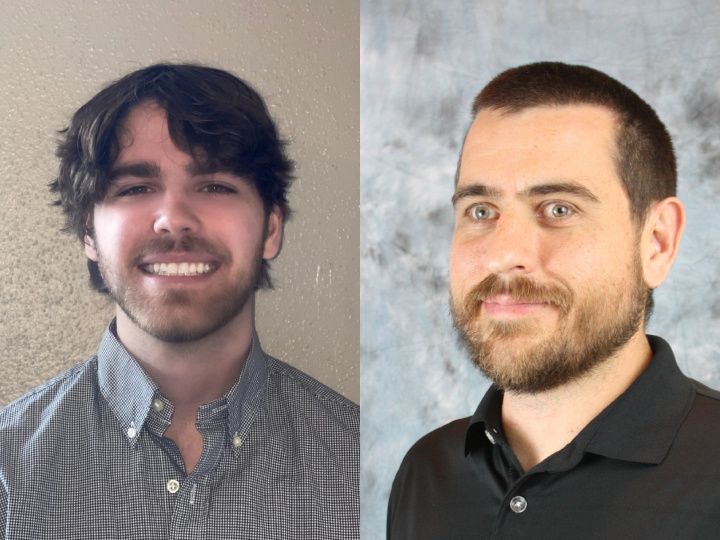HPE Data Science Institute Student Labs

Today, more than ever, the world is aware of the impact that data analytics has on how we live, work and relate to each other. In today’s hyper-connected world, technology advances allow devices we interact with to create, store and transfer more data than ever before. The demand to turn that data into usable insights has increased exponentially. Data science is at the center of this technology-driven enlightenment revolution. Through Hewlett Packard Enterprise’s partnership with the University of Houston, students can enhance the knowledge and skills needed to effectively contribute in this new age of insights - where data is king.
The HPE Data Science Institute Student Labs provides opportunities for students at the University of Houston to actively participate in research opportunities involving some of the biggest data science challenges facing our region. Students work on research areas suggested by HPE leaders or a UH faculty member.
One student lab worker, University of Houston’s College of Natural Sciences and Mathematics undergraduate student, Logan Fortune, was interviewed by Julia Chamon at the HPE Data Science Institute. He was asked to provide insight on the program for those who are interested.
Julia Chamon: Thank you so much for allowing me to interview you, Mr. Fortune. I guess we could start with the basics; What specific research have you been doing at the HPE Data Science Institute Student Labs?
Logan Fortune: Hewlett Packard Enterprise approached me with a project to better serve its customers who are using HPE servers. By using machine learning, we were able to diagnose what was happening in a server with less information needed from the customer. Imagine a local convenience store using a HPE server to run its orders; instead of HPE relying on that customer's ability to accurately tell us what kind of workload they are running, we could determine it almost instantly. We did this without looking at any personal data of the customer and saved them the time it would have taken to try and diagnose what was happening under the hood. In other words, it’s like going to a doctor’s office and not even needing to describe your symptoms.
JC: How has this research benefited you throughout your undergraduate career? Have you gotten better at researching or developing any theories? Has the job helped you cultivate discipline?
LF: What is covered in my classes only makes up a small fraction of what is expected of you as an employee. I have learned that college teaches you the basics, but you learn specialized skills in the workforce. Taking on research for HPE taught me things that my classes could not. It’s not like any work environment I’ve ever been in. You know how most roadmaps of a project go from step one, step two, step three and so on until completion? Research teaches you to rethink all previous steps every time there is a new discovery. "Could I have done something differently at step two, to set myself up for a better outcome at step four?" This thought process is extremely beneficial as a professional engineer because it cultivates the idea that the theories I test and develop could make the lives of those who use our technology better.
JC: How has having a mentor impacted your time here at the University of Houston?
LF: Having a mentor is probably the most beneficial aspect of having worked with the HPE Data Science Institute. In classes, you are taught a specific subject and how that subject works. As a researcher you are given a problem and asked to make it work. Getting advice from 20-year professionals on how to carry yourself, when and how to ask for help, the life cycle of a project, etc. was invaluable. My mentor, HPE technologist Scott Faasse, was patient, knowledgeable and fascinating to learn from. He always went above and beyond in his explanations and the help he offered to me as far as professional development.
JC: What are your plans for the future? Have they changed in accordance with what you have learned at your internship?
LF: With the experience I gained with the Hewlett Packard Enterprise Data Science Institute, I have taught data science at AI Camp where I instructed Python and AI classes. HPE DSI provided me the skills to build upon my learning in the classroom to succeed in the corporate environment.
Students who wish to apply must be full-time students at UH and eligible to work. Most opportunities are for undergraduate students only and are either part of a UH faculty member’s research with an external organization or a separate agreement between UH and the external organization. The opportunity must have a clearly identified mentor at UH and at the external organization, have a significant data science/statistics component and include a statement of work that clearly describes the goals of the project and the benefits/learning experiences for the student. UH faculty or external organizations should contact Claudia Neuhauser, Ph.D., Director of the HPE Data Science Institute (cmneuhau@central.uh.edu) if interested in sponsoring a student.